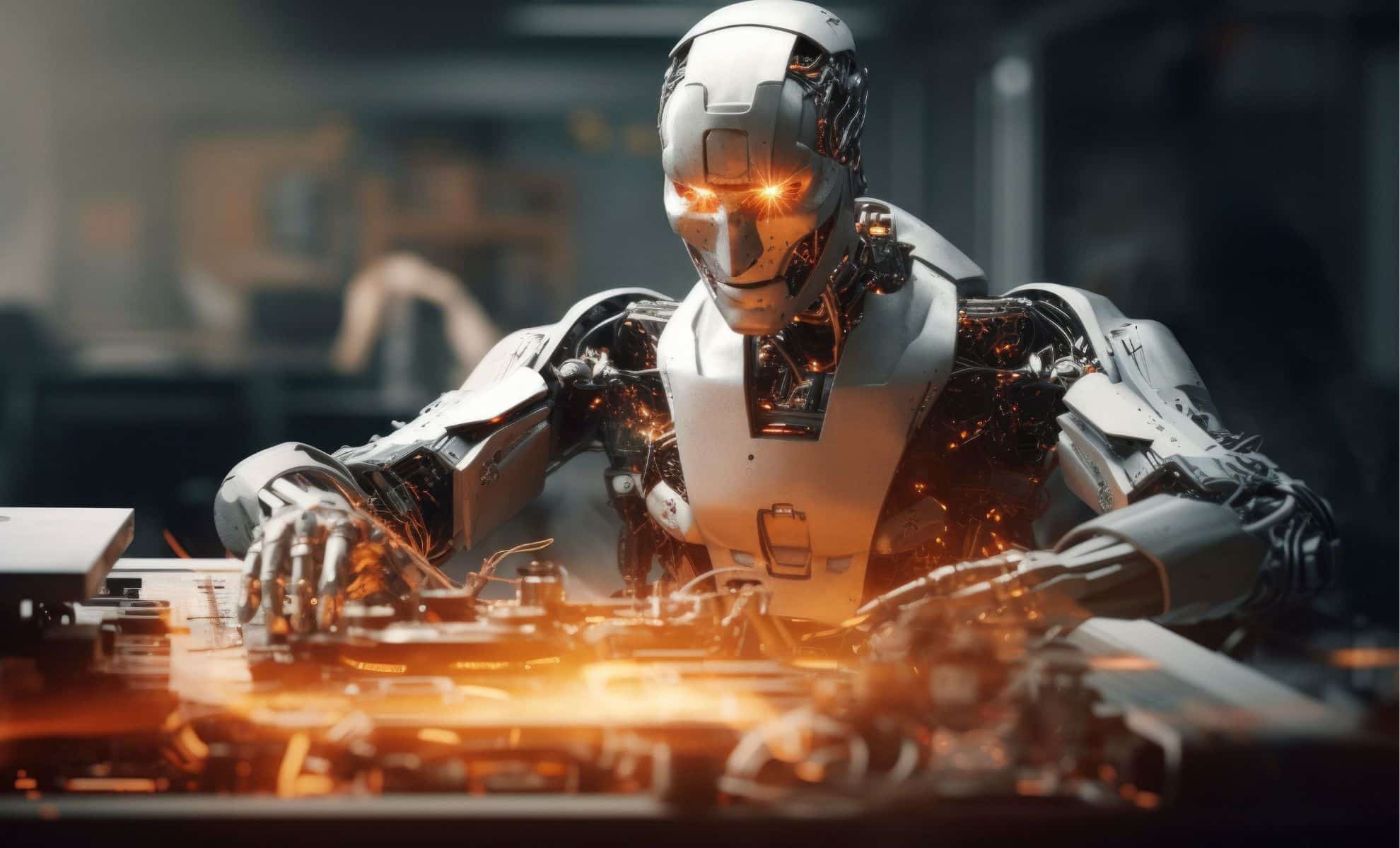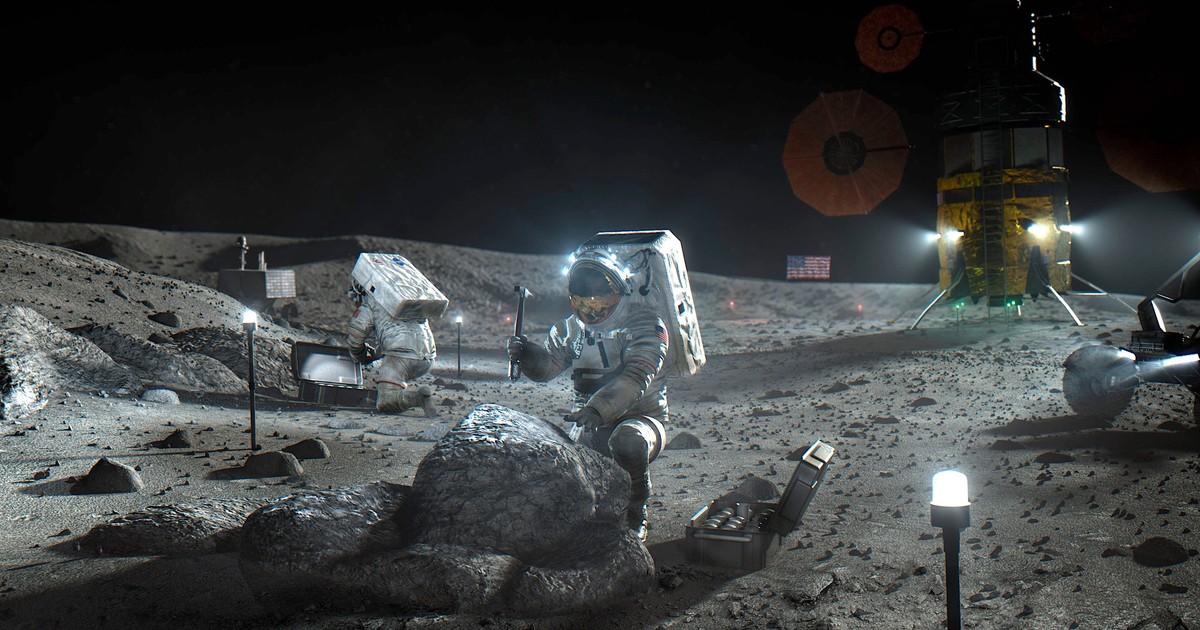In a world where robotics are becoming an integral part of everyday life, we’re starting to see innovations that are as surprising as they are fascinating. Recently, researchers from Columbia University have introduced a concept that sounds…
Category: 1. Edi-Choice
-
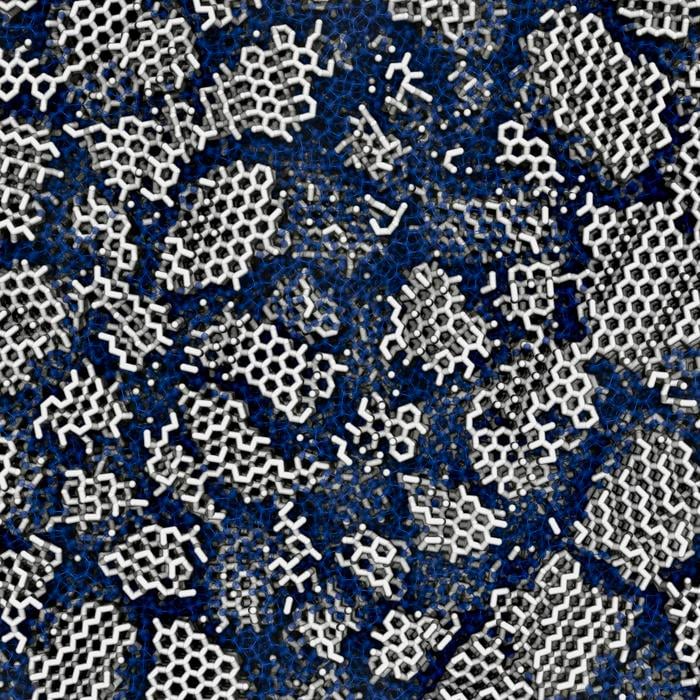
Ice in Space Isn’t the Same as Ice on Earth
Next time you’re drinking a frosty iced beverage, think about the structure of the frozen chunks chilling it down. Here on Earth, we generally see ice in many forms: cubes, sleet, snow, icicles, slabs covering lakes and rivers, and…
Continue Reading
-
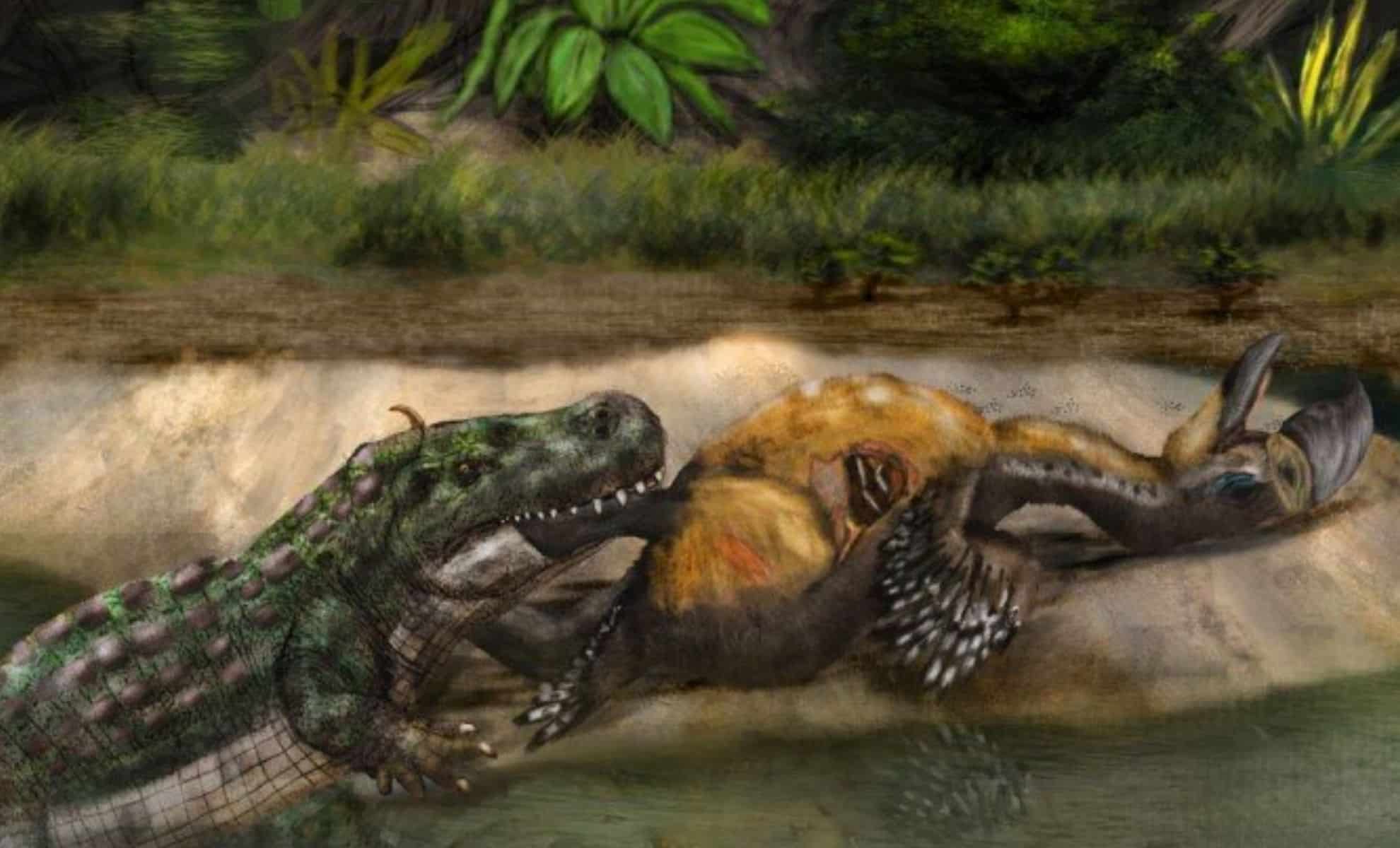
Prehistoric Apex Predators Faced Off in Deadly Encounters, Study Reveals
A groundbreaking discovery at the La Venta fossil site in Colombia sheds new light on the complex interactions between two apex predators from the middle Miocene epoch. Researchers have unveiled evidence that a giant caiman species may have…
Continue Reading
-
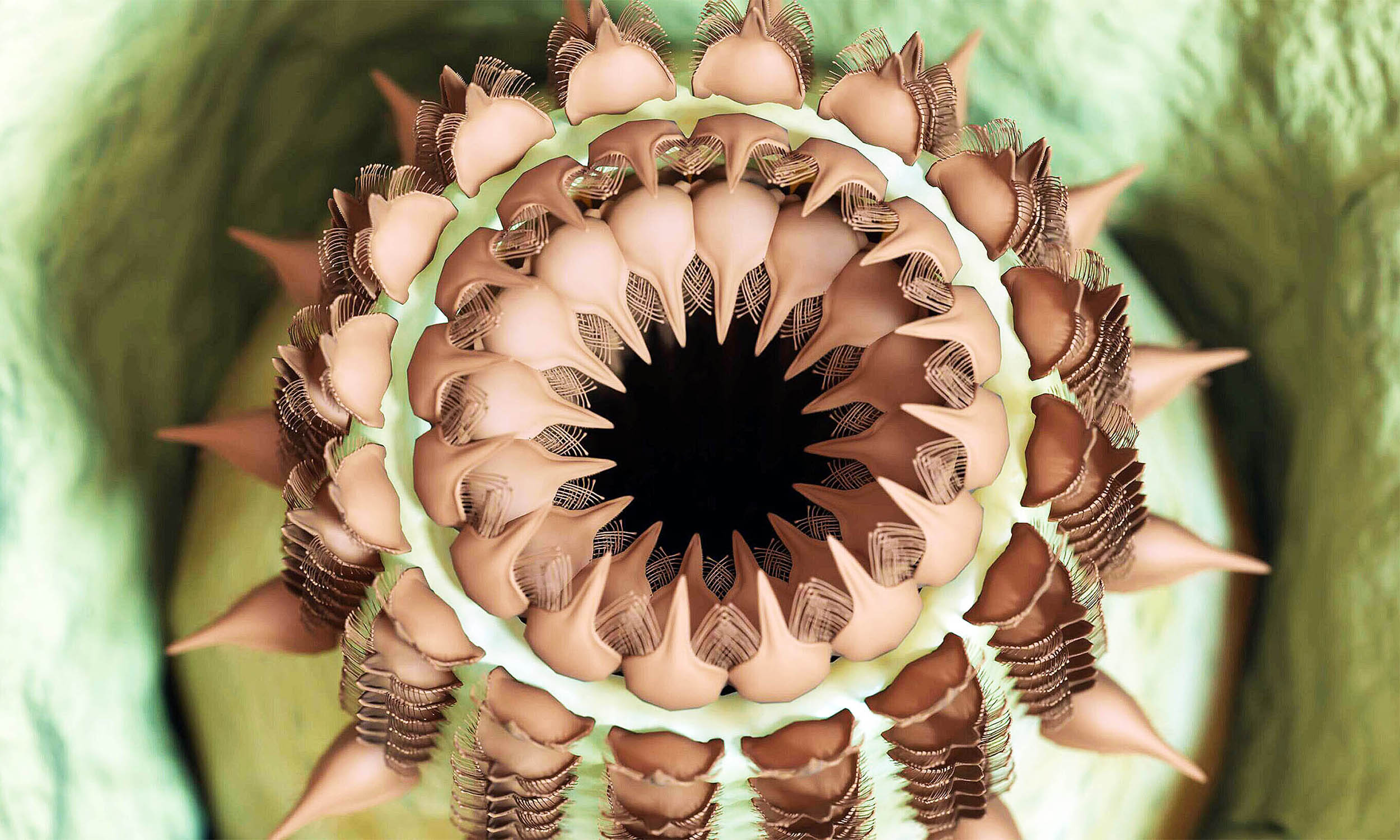
Grand Canyon was a “Goldilocks zone” for early animal evolution
A new discovery in the Grand Canyon is giving scientists a closer look at some of Earth’s earliest animals. This stunning find includes fossils of soft-bodied creatures from more than 500 million years ago.
These aren’t just any fossils –…
Continue Reading
-

European Vega C rocket launches CO2-mapping satellite, 4 Earth-observation spacecraft to orbit
A carbon dioxide-mapping satellite and four Earth-observation spacecraft launched successfully tonight (July 25) from South America.
A Vega C rocket, operated by the French company Arianespace, lifted off from Europe’s Spaceport in Kourou, French…
Continue Reading
-
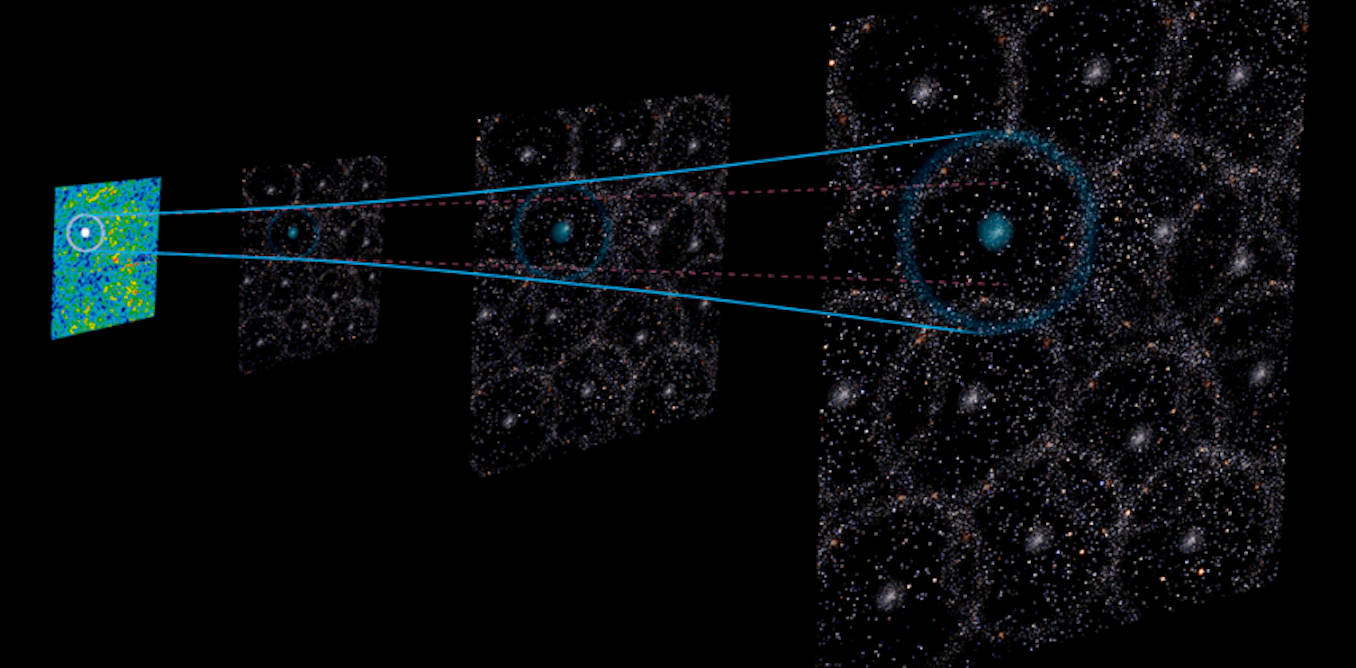
Distorted sound of the early universe suggests we are living in a giant void
Looking up at the night sky, it may seem our cosmic neighbourhood is packed full of planets, stars and galaxies. But scientists have long suggested there may be far fewer galaxies in our cosmic surroundings than expected.
In fact, it…
Continue Reading
-

Rogue black hole found terrorizing unfortunate star in distant galaxy
A rogue, middle-mass black hole has been spotted disrupting an orbiting star in the halo of a distant galaxy, and it’s all thanks to the observing powers of the Hubble Space Telescope and Chandra X-ray Observatory. However, exactly what the…
Continue Reading
-

How drought and sea level rise feed on each other
Overpumping groundwater, worsening droughts and more rapid evaporation due to higher temperatures have caused a drastic decline in the amount of available freshwater, according to a new study.
“Continental drying” has redirected the planet’s…
Continue Reading
-
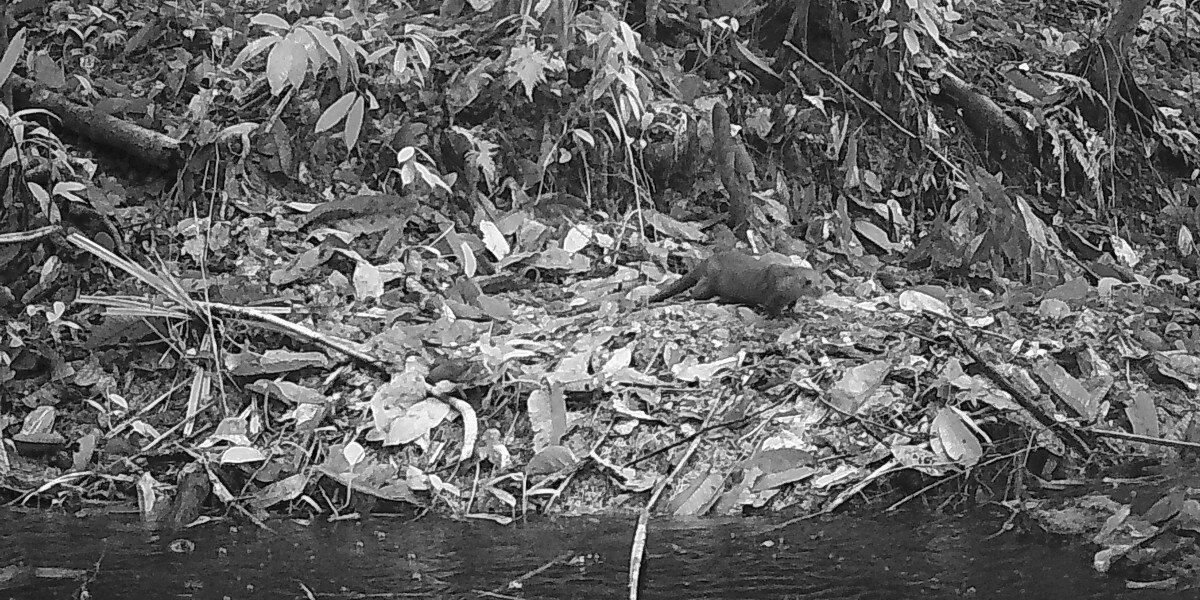
Camera Captures Adorable Animal For The First Time In Over A Decade
Deep in the Tangkulap Forest Reserve in Malaysia, conservation organization Panthera has an array of cameras set up, hoping to catch glimpses of different animals. While reviewing photos from cameras meant to document the elusive and endangered…
Continue Reading
